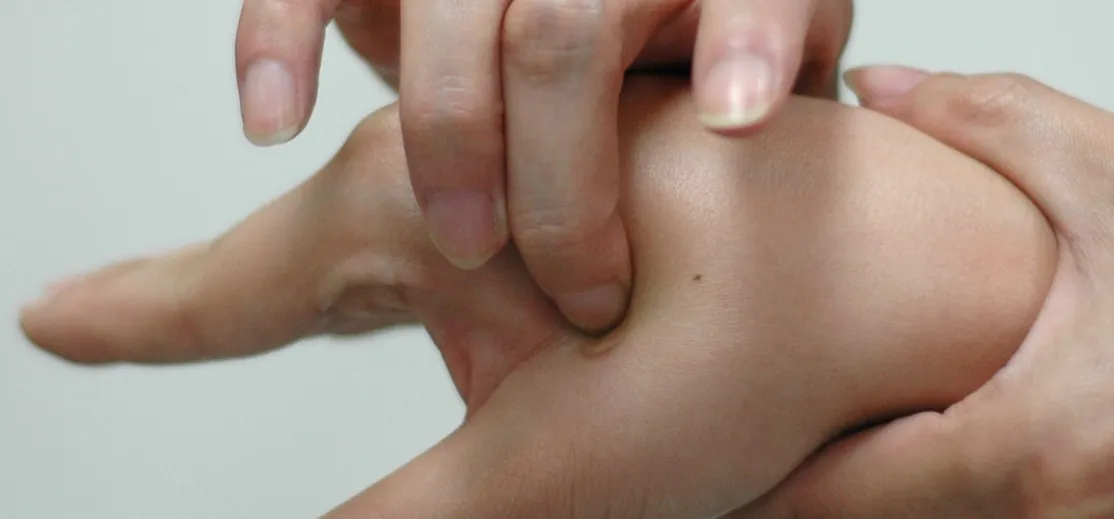Journals are a great source of hilarity and embarrassment, detailing everything from your elementary school crushes to those super awkward middle school dances. While rereading your old hand-scrawled entries might make you cringe, that old journaling habit could benefit you as an adult.
Picking up a pen and jotting down your thoughts will boost your ability to learn and offer increased confidence.
Slow Down to Enhance Your Learning
When you hear the word "learning", you might immediately think of classroom lectures, sitting before a teacher who drones on and on about information as you scribble notes as quickly as your hand can move. Yet good learning involves much more than sitting and listening.
According to researchers Jonathan Evans and Keith Stanovich, we think and learn in two distinct ways: slowly and deliberately, or quickly and unconsciously. When we first learn new information, the process is typically the latter. We take in the material automatically, processing it fast to absorb the material.
Although we usually assume faster is better, new research suggests that combining these two learning methods helps your brain work more efficiently. In a Harvard Business School study led by Giada Di Stefano, researchers found that when reflection is added to the learning process, we learn more.
Reflection, defined by Di Stefano as "the intentional attempt to synthesize, abstract, and articulate the key lessons taught", is an important factor in making material stick. When we sit down to reflect, we add a second layer of learning: we make a controlled, conscious effort to learn the material from our own unique perspective. This slower, conscious method of information intake enhances what you learn in the classroom and the world around you.
Improve Your Problem-Solving Skills with Reflection
Reflection's beneficial bonuses aren't limited to learning. When we reflect, we also build confidence—and it's all thanks to self-efficacy. Self-efficacy, which Albert Bandura of Stanford University defines as an individual's belief in their ability to succeed in a given situation, helps give our confidence a boost when we face problems.
This phenomenon of self-efficacy is also linked to learning. The greater our confidence, the stronger our learning potential becomes. According to Di Stefano's study, when we reflect and gain greater understanding of what we've learned, we grow more confident about our ability to solve problems and take on new tasks.
Part of self-efficacy's problem-solving power is rooted in motivation. Dale H. Schunk and Peggy A Ertmer, authors of a study published in the Handbook of Self Regulation, point out that those who have higher self-efficacy are more motivated to continue working at problems for longer periods of time.
Believing that you can succeed at a given task provides you with the stamina and confidence to keep working at it, which, in turn, gives you a better chance of succeeding. In other words, spending more time to reflect helps you believe you can do anything—well, almost.
Translate Material into Your Own Words
Rather than spending precious hours journaling, you simply need to translate what you've learned into your own words. Reflection helps us synthesize and explain what it is that we learned—so that's exactly what you should aim for when writing after learning.
Sit down with your notes and review important information. Pour over the new, most crucial ideas. Try to articulate concepts back to yourself, using words and phrases that stick in your mind. The goal, as discussed by Scott Freeman and his team of researchers when studying failure rates for STEM students, is to develop your own unique understanding of the material. Become an active learner by engaging yourself in different ways with what you're trying to learn.
Pick Up Your Pen Regularly
Before you begin crafting daily journal entries, you might want to save yourself some time. The key to staying confident and enhancing your learning isn't sitting down to write a few sentences each day.
The positive effects of reflection are somewhat long-lasting. The benefits last up to two weeks, according to Di Stefano's followup findings. Freeman's study also found that short bursts of active learning were most effective—although the majority of researchers admit that this could change with further studies.
Try out what works for you: if long-term daily reflection takes up too much of your time, cut back and turn it into a weekly activity. As long as you spend a little time articulating new concepts back to yourself, you'll reap all the benefits of enhanced learning.
So, whether you're trying to understand complex engineering issues at work, or just attempting to solve a problem from calculus class, stop and think for a minute. All you need is a pen and piece of paper to increase your confidence and motivation.
Cover image via Shutterstock






























Comments
Be the first, drop a comment!